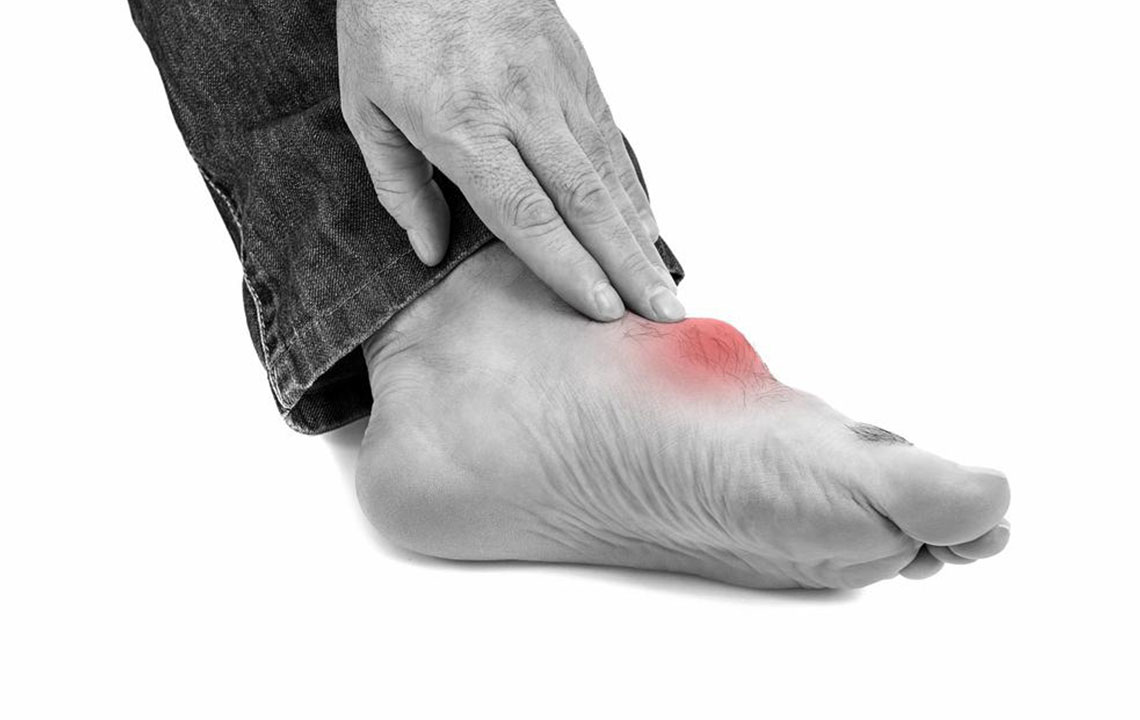Major Factors That Trigger Gout Foot Discomfort
This article explores the primary factors that trigger gout foot pain, including dietary choices, dehydration, alcohol, medications, and stress. It emphasizes the importance of managing these triggers alongside medication to effectively control gout symptoms. Understanding these causes can help individuals reduce the severity and frequency of attacks, leading to better joint health and comfort.

The condition known as gout is a form of arthritis marked by intense joint pain, swelling, and redness, often impacting the big toe. It results from uric acid crystals depositing in the joint space. Uric acid, a by-product of purine breakdown, is normally eliminated by the kidneys via urine. When kidney function is impaired or uric acid production is excessive, hyperuricemia develops, leading to crystal formation and gout symptoms. Managing gout involves medications and avoiding common triggers that can worsen the attack.
Foods high in purines such as bacon, turkey liver, sardines, shellfish, and vegetables like spinach, mushrooms, and asparagus can provoke flare-ups.
Dehydration reduces kidney efficiency in clearing uric acid, increasing risk for gout attacks.
Consuming beverages sweetened with high fructose corn syrup, including sodas and fruit juices, can stimulate uric acid production.
Alcohol, especially beer, is a common trigger as it alters uric acid elimination.
Crash diets and fasting may cause protein breakdown, elevating uric acid levels.
Certain antihypertensive medications can elevate gout risk.
High stress levels correlate with painful gout episodes, as stress depletes Vitamin B5, vital in uric acid metabolism.
In addition to medication, avoiding these triggers can help control gout foot pain effectively.










